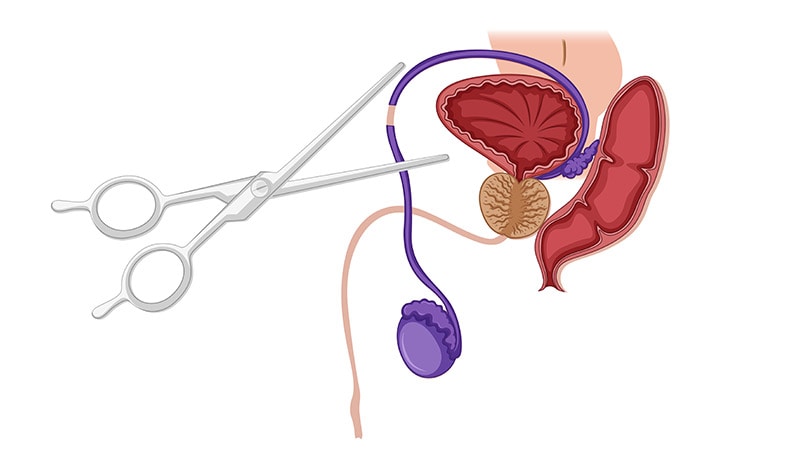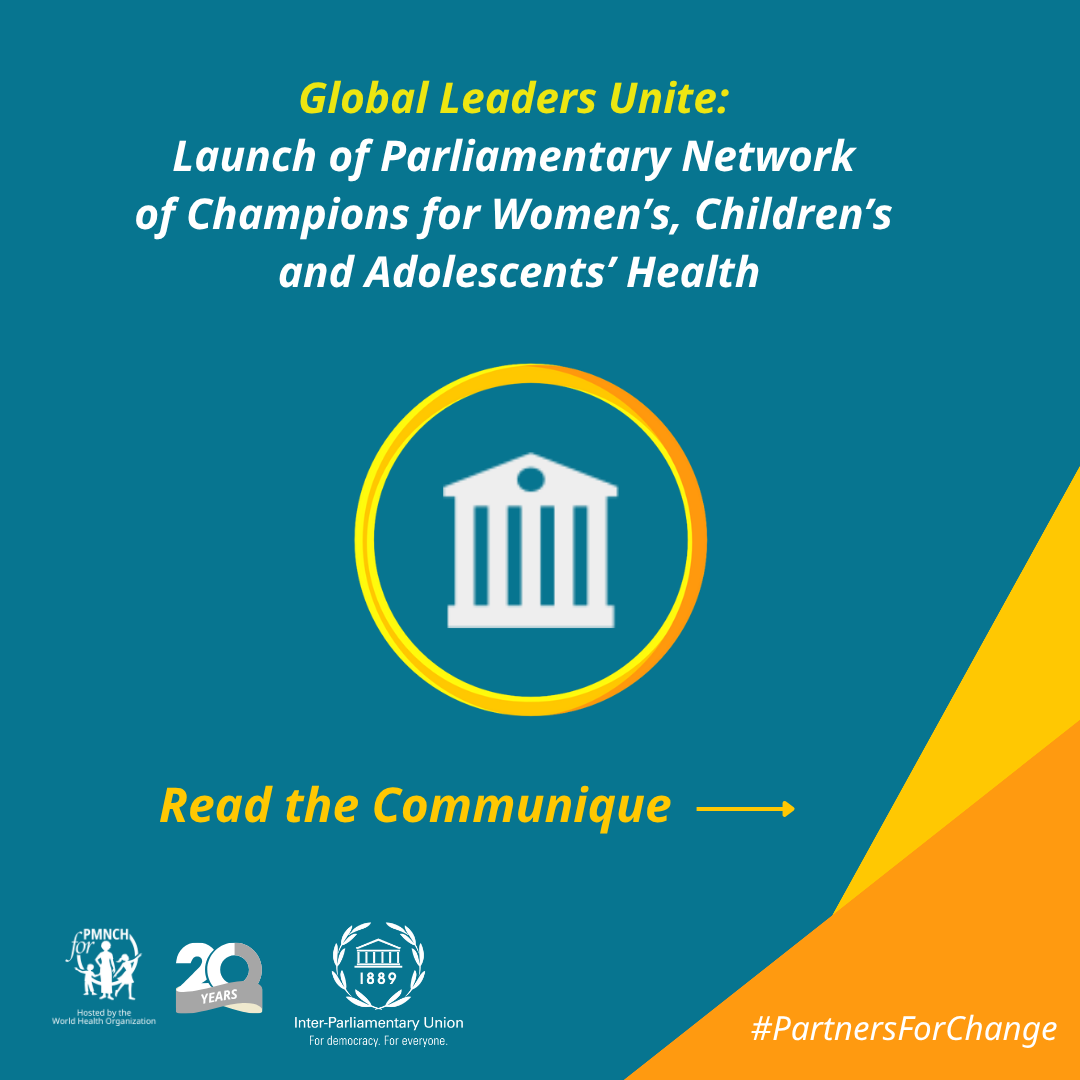Report on the “Biblio Diet” and its Alignment with Sustainable Development Goals
A dietary framework, termed the “Biblio Diet,” has been proposed by Dr. Josh Axe and Jordan Rubin. This report analyzes its principles, recommendations, and alignment with the United Nations Sustainable Development Goals (SDGs), particularly SDG 3 (Good Health and Well-being), SDG 2 (Zero Hunger), and SDG 12 (Responsible Consumption and Production).
Core Principles and Contribution to SDG 3: Good Health and Well-being
The fundamental premise of the diet is that biblical texts offer a comprehensive guide to physical and mental health. This approach directly supports SDG 3 by promoting holistic well-being and advocating for dietary solutions to combat non-communicable diseases such as cancer, heart disease, and diabetes.
Holistic Health Framework
The diet integrates physical nutrition with spiritual and emotional health practices, reflecting a comprehensive view of well-being as outlined in SDG 3. Key components include:
- Nutritional Guidance: A focus on whole, unprocessed foods to prevent and potentially reverse chronic health conditions.
- Spiritual Disciplines: Practices such as prayer and fasting are presented as integral to physical healing and mental clarity.
- Emotional Healing: The importance of forgiveness and maintaining a positive outlook is emphasized as essential for recovery and overall health.
The Role of Fasting in Health and Longevity
The practice of fasting is highlighted as a significant contributor to cellular repair, anti-aging, and disease prevention. This aligns with SDG 3’s target to reduce premature mortality from non-communicable diseases. Proponents state that fasting allows the body to eliminate damaged cells and pathogens, promoting longevity and vitality.
Dietary Guidelines and Support for SDG 2 and SDG 12
The diet’s food recommendations emphasize natural, sustainably sourced products, which supports the objectives of SDG 2 (Zero Hunger) by promoting sustainable agriculture and improved nutrition, and SDG 12 (Responsible Consumption and Production) by encouraging mindful consumption patterns.
Recommended Foods for Sustainable Nutrition
The diet advocates for the consumption of whole foods that are minimally processed, aligning with sustainable food systems. This approach contributes to food security and responsible consumption.
- Sustainably Sourced Red Meat: Described as a nutrient-dense food, its consumption is encouraged when sourced from grass-fed animals, promoting sustainable land use.
- Whole Grains: Properly prepared grains, such as whole-grain sourdough, are included, challenging modern dietary trends that eliminate them and supporting the consumption of staple crops central to achieving Zero Hunger (SDG 2).
- Healthy Fats and Dairy: Olive oil and dairy from grass-fed sheep, goats, or specific cows are recommended, promoting agricultural biodiversity and responsible production methods.
- Natural Sweeteners and Produce: The use of raw, local honey supports local ecosystems and pollinators. A focus on fruits like pomegranates and figs encourages consumption of diverse, nutrient-rich produce.
Foods to Avoid for Responsible Consumption
The framework advises against consuming foods that are either designated as “unclean” in Leviticus or are products of modern industrial processing. This guidance directly supports SDG 12 by discouraging consumption of potentially unsustainable and unhealthy products.
- Pork and Shellfish: These are avoided based on biblical classifications, with proponents suggesting these animals may accumulate toxins due to their role as scavengers.
- Modern Processed Foods: A strong warning is issued against items containing high-fructose corn syrup, artificial food dyes, and refined sugars, which are hallmarks of unsustainable and unhealthy industrial food production.
Conclusion: A Framework for Integrated Health and Sustainability
The “Biblio Diet” presents a model that integrates personal health with broader principles of sustainability. By advocating for a diet rich in whole, natural foods and discouraging the consumption of heavily processed products, it offers a framework that aligns with key targets of SDG 3 (Good Health and Well-being), SDG 2 (Zero Hunger), and SDG 12 (Responsible Consumption and Production). The emphasis on the origin and preparation of food encourages a shift towards more sustainable and responsible consumption patterns, viewing individual health as interconnected with the health of the global food system.
Analysis of Sustainable Development Goals in the Article
SDGs Addressed or Connected
-
SDG 3: Good Health and Well-being
This is the most prominent SDG addressed in the article. The entire piece focuses on a dietary and lifestyle plan, “The Biblio Diet,” aimed at enhancing physical health, promoting well-being, and reversing life-threatening conditions. The article explicitly mentions a wide range of health issues the diet purports to solve, including non-communicable diseases like “cancer, heart disease, diabetes” and mental health conditions such as “depression, anxiety.” It also discusses practices like fasting to “reverse the aging process” and improve overall health, directly aligning with the goal of ensuring healthy lives and promoting well-being for all at all ages.
Specific Targets Identified
-
Under SDG 3: Good Health and Well-being
-
Target 3.4: Reduce by one-third premature mortality from non-communicable diseases through prevention and treatment and promote mental health and well-being.
The article directly connects to this target by presenting a dietary plan as a method for both prevention and treatment of non-communicable diseases (NCDs). Dr. Axe states, “If somebody’s dealing with any health condition, whether it’s depression, anxiety, cancer, heart disease, diabetes… the Bible has a solution.” The personal testimonies of the authors, who claim to have overcome “Crohn’s colitis,” “severe cancer,” and a “spinal infection” through this diet and faith-based practices, are presented as evidence of its effectiveness in treating NCDs. Furthermore, the emphasis on “emotional and spiritual therapy,” “prayer,” and “forgiveness” as essential to recovery directly addresses the target’s goal of promoting mental health and well-being.
-
Indicators Mentioned or Implied
-
Under Target 3.4
-
Indicator 3.4.1: Mortality rate attributed to cardiovascular disease, cancer, diabetes or chronic respiratory disease.
The article implies a potential impact on this indicator. By claiming that the diet can help “reverse life-threatening conditions” and that individuals have “overcome cancer that was referred to as terminal,” the authors suggest that adopting this lifestyle can lead to a reduction in mortality from these specific NCDs. The success stories, such as Dr. Axe’s mother overcoming breast cancer and his own recovery from a spinal infection, serve as anecdotal evidence pointing toward improved health outcomes and survival rates for those with NCDs.
-
Indicator 3.4.2: Suicide mortality rate.
While not explicitly mentioned, this indicator is indirectly addressed through the article’s strong focus on mental and spiritual health as a core component of the diet and lifestyle. The text highlights the diet’s potential to help with “depression” and “anxiety.” Practices like prayer, faith, and emotional healing are presented as ways to achieve “spiritual clarity” and “deeper connection to God.” By promoting these methods for improved mental well-being, the article implies a preventative approach to severe mental health crises that could otherwise contribute to the suicide mortality rate.
-
Summary Table of SDGs, Targets, and Indicators
| SDGs | Targets | Indicators |
|---|---|---|
| SDG 3: Good Health and Well-being Ensure healthy lives and promote well-being for all at all ages. |
Target 3.4: By 2030, reduce by one-third premature mortality from non-communicable diseases through prevention and treatment and promote mental health and well-being. |
|
Source: foxnews.com







